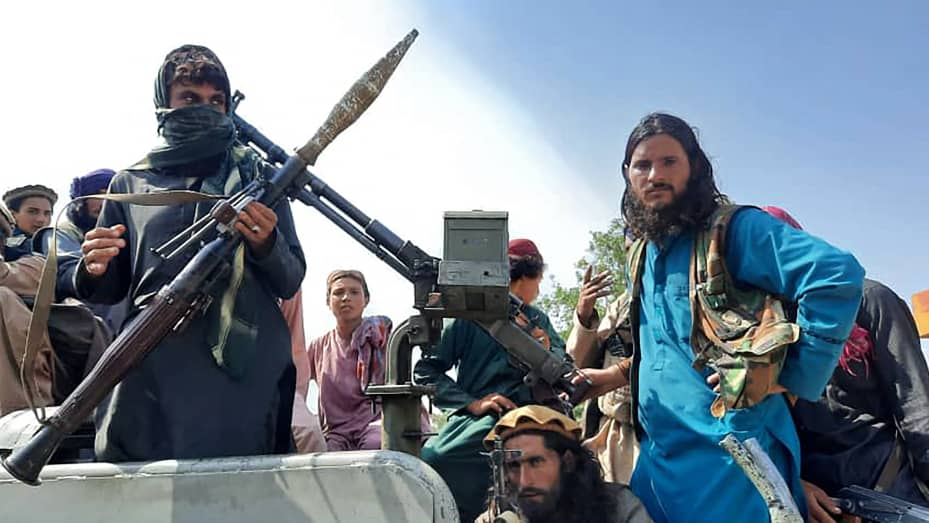Before opting to recognize the new Afghan Emirates, Russia and India would consult on the Taliban’s actions in Afghanistan and analyze whether there has been any significant change in the Sunni Pashtun Islamist group since they first came to power in 1996.
The two countries have also agreed to form combined teams comprised of the Foreign Ministry and National Security officials from each country to conduct a detailed assessment of the Afghan situation so that both India and Russia can decide on a future course of action with the Taliban Islamic government.
These critical decisions were made after Russian President Vladimir Putin called Indian Prime Minister Narendra Modi on Tuesday and held a long telephone chat with him about the situation in Afghanistan and its implications for both South and Central Asia ahead of the G-7 conference. After discussing the Afghan crisis with leaders of Central Asian republics, who are particularly concerned about the impact of the rise of an Islamist terrorist group in Kabul, President Putin made his first call to any global leader. The conversation was friendly, and both leaders seemed to agree on Afghanistan.
The call from German Chancellor Angela Merkel to both Prime Minister Modi and Russian President Putin was a farewell call from the German leader, and it was planned before the Taliban captured Kabul and US soldiers fled Afghanistan.
- Advertisement -
While Russian National Security Advisor Gen Nikolai Patrushev spoke with his American counterpart Jake Sullivan this week, the conversation was purely tactical, with Moscow proposing to assist US forces attempting to evacuate people from Kabul. A similar discussion took place between the Russian Defense Minister and his equivalent in the United Kingdom.
During their chat, Prime Minister Narendra Modi expressed concern over Islamic radicalization in the region, as well as how Taliban-affiliated terrorist groups in Pakistan could exploit the current circumstances to spread terrorism. President Putin is said to have concurred with Prime Minister Modi’s assessment and expressed alarm about radicalism in the Central Asian republics.
Before taking moves to acknowledge the Islamist state, President Putin made it clear that Russia is still assessing whether the Taliban’s tactics have changed from previous years. He stated that Russia would contact India before making such a choice and that this evaluation would be carried out by the two nations’ joint national security and intelligence agencies. Against minorities and women, the Taliban waged a terror campaign from 1996 until 2001. On September 26, 1996, the Taliban went after their political opponents by publicly castrating and hanging former Afghan president Mohammed Najibullah, an Ahmedzai Pashtun, from a traffic light pole.
While India is discussing Afghanistan’s development with the US, EU leaders, and the UN, it is important to remember the role that Russia and India, along with Iran, played in boosting the anti-Taliban Northern Alliance in the 1990s. As neighbors, all three countries have a legitimate interest in Afghanistan and are aware of Pakistan’s nefarious role in Taliban 2.0.


